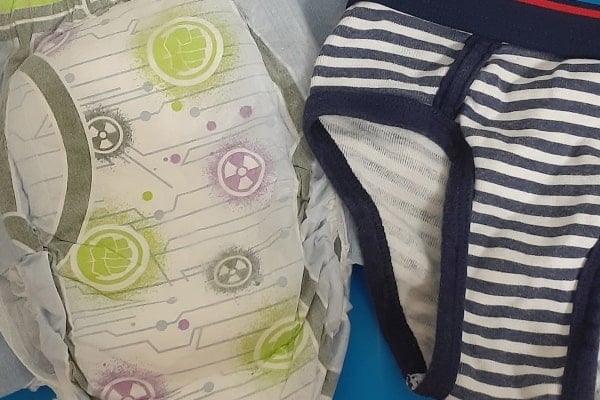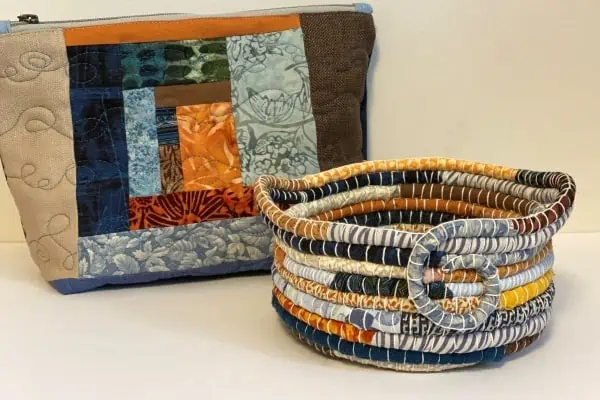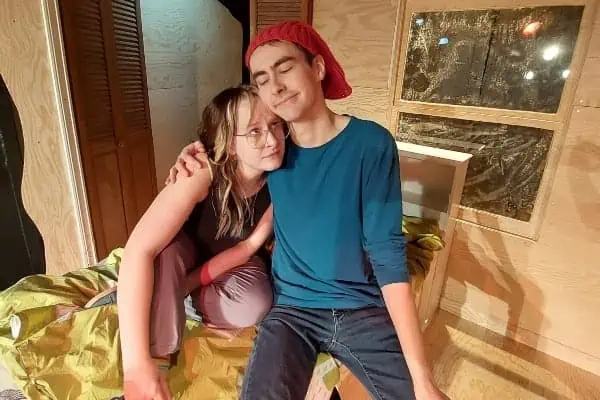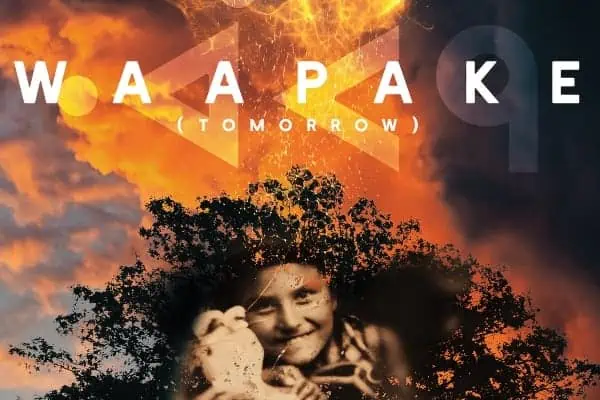Amelia Merhar knows what it’s like to be a foster child, to go from home to home, and to be without a home at all.
She wonders how that movement affects young people today, so she’s asking them to tell us, through art.
Merhar, also known as Yukon’s singing, ukulele-playing Big Mama Lele, has just finished her first year of a master’s program in human geography at York University.
For her thesis, she’s bringing together youth aged 18 to 30, who have been placed in multiple foster or group homes, and getting them to share their experience through whatever artistic medium they choose. The work will then be presented to the Yukon public.
“We all carry things with us,” she says. “So I’m asking young people who have had this experience… what do they think about all these placements?”
Merhar was in foster care from when she was 11 to 16 years old. She was inspired after re-connecting with foster sisters she had lived with in Ontario. “I just found it really interesting that I found my home in the Yukon, another girl found hers in Yellowknife and another girl found hers in Calgary,” she says. “It just got me thinking about transience. I’ve moved a lot, I’ve travelled a lot. I’ve experienced homelessness, so it just got me wondering about what kind of people the child welfare system is inadvertently producing through all these placements.”
She’s found much to learn.
“There’s all sorts of research on sub-populations that move around a lot, but this is sort of a different one because you are constantly going into a different home and it’s simultaneously someone else’s workplace, an institution, and your home. So really, there are so many layers to what a group home is, what a foster home is.”
Merhar says it’s well known that the more foster homes a child has, the worse the child usually does. “But I want to move beyond negative statistics and create a moment for young people who have had experience in care to meet each other and have this little community of belonging, to explore this through the arts, to share it with the public.”
Through art, the young people will be informing others about foster life, with more impact than a report or study.
“You can have an emotional resonance to a song or a dance. You can feel it.”
Merhar brought together 10 young people in Toronto and six in Whitehorse. The Yukon participants are creating at Splintered Craft, an art studio for youth that is run by the Skookum Jim Friendship Centre.
The Toronto youth completed their work earlier.
“I have work from 10 artists in 12 different mediums… including dance, spoken word, installation, oil painting, acrylic painting, collage, photography, silkscreening, jewelry,” she says.
Merhar says the youth are considered co-researchers and are paid for their participation. Their work has moved her and she expects a similar effect on others.
“It’s an inherently emotional experience bringing up these times in your life when you didn’t have as much control as you do now. And because with this method as co-researchers, they’re in control… You can go and be as personal or political as you want with your work and I think that’s a really powerful way to approach an emotional topic.”
The Yukon youth present their show on Thursday, August 4 from 5:30 p.m. to 8 p.m. at Splintered Craft, located at the corner of 4th and Alexander in Whitehorse. Everyone is welcome.




